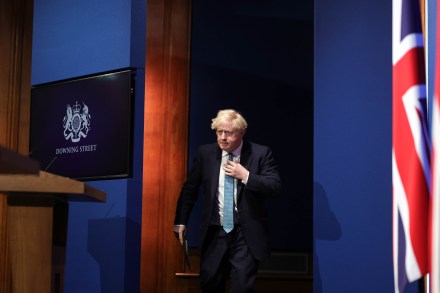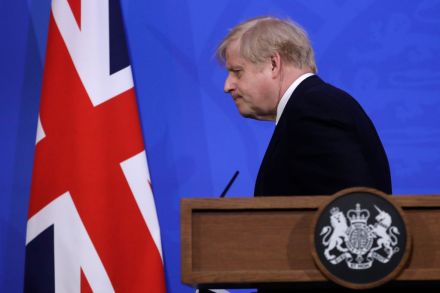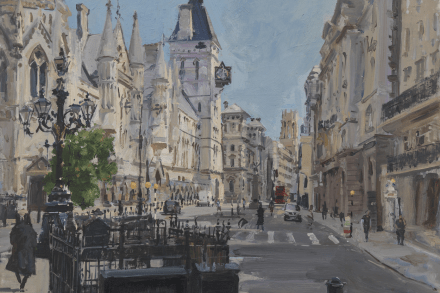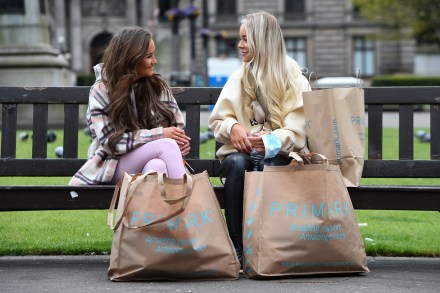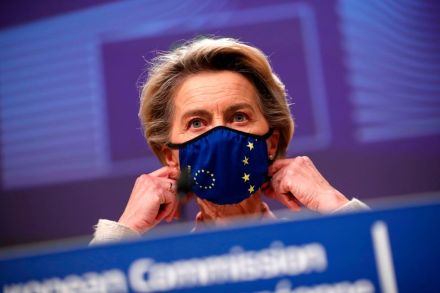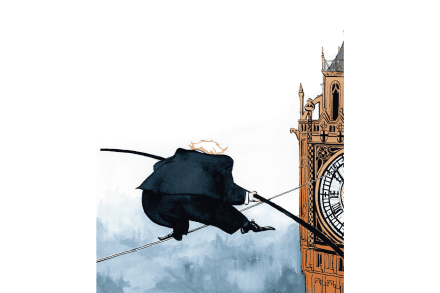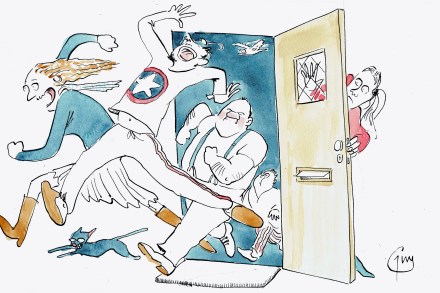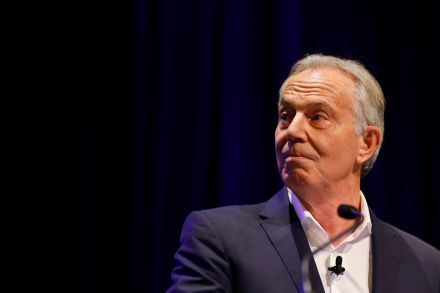Full easing of Covid restrictions on 21 June looks unlikely
The prospect of the final easing of lockdown restrictions in England going ahead precisely as planned on 21 June is close to nil, according to ministers and officials. ‘It is clear some social distancing will have to be retained, not everything we’ve set out for 21 June is likely to happen,’ said a government adviser. ‘But it is also possible some of the easing we’ve done today will have to be reversed.’ Neither he nor a minister would be drawn on precisely which parts of the planned unlocking may have to be delayed, or which aspects of unlocking that’s already happened would need rolling back. Even 10 per cent less
